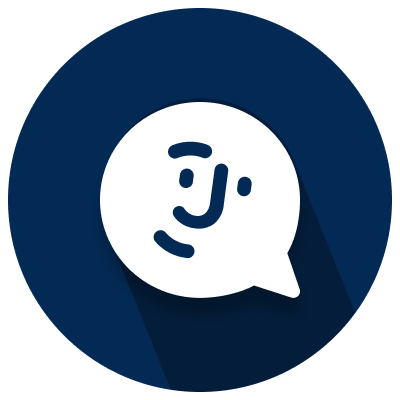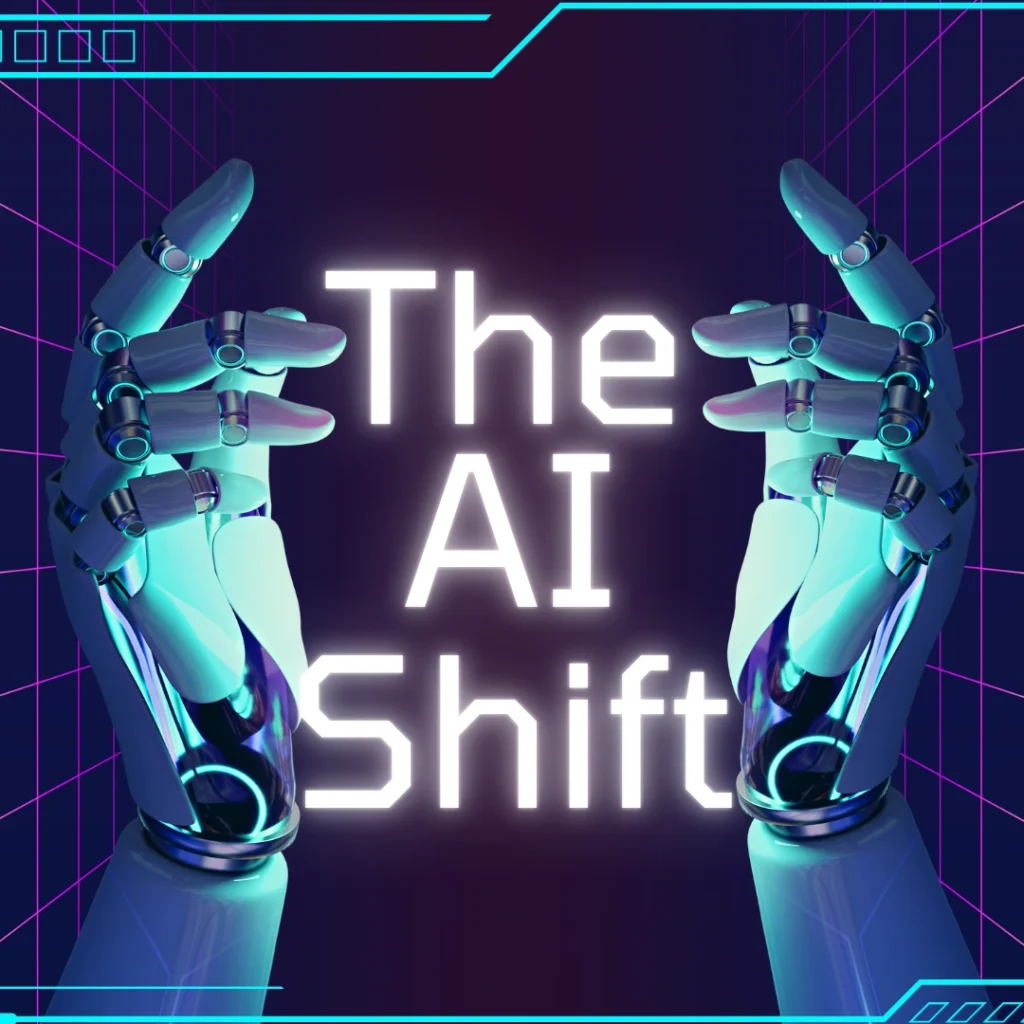In today’s rapidly evolving business environment, artificial intelligence (AI) isn’t just a technological trend. It’s a transformative force reshaping how companies manage their most crucial asset: their people. From recruitment to retention, AI’s influence is pervasive and brings together both immense opportunities and significant challenges that HR professionals must learn how to skilfully navigate.
The Double-Edged Sword of Ai in Recruitment
The recruitment process is perhaps the most visible arena where AI (within the workplace) has made its mark. Tools like automated resume screening and AI-driven assessment platforms are designed to enhance efficiency and reduce bias by evaluating candidates based on data rather than gut feelings or human intuition alone. A study by LinkedIn revealed that 67% of hiring managers and recruiters reported that AI saves them time during the recruitment process.
Smooth and efficient it might be, but don’t let the sparkle of AI completely fool you. While AI no doubt excels at handling large volumes of applications and pinpointing top candidates based on set criteria, it lacks the human touch needed to gauge softer skills and cultural fit when assessing candidates. Here lies the critical role of HR: to strike the balance and blend these technological tools with the unique nuances of human interaction, ensuring a holistic approach to hiring that recognises a candidate’s full potential beyond their resume.
Enhancing Employee Experience
Beyond hiring, AI can extend its reach into the enrichment of employee experience in the workplace. AI-powered HR platforms such as eduMe AI, Effy AI, Entelo and Leena AI offer personalized learning paths, career development insights, and predictive analytics to pre-emptively address potential dissatisfaction in the workforce. Take IBM’s Watson for example. It can identify potential employee departures by analysing engagement patterns—not through surveillance, but through thoughtful sentiment analysis. This proactive approach can help HR to proactively and meaningfully engage with employees, potentially curbing turnover.
A recent Gartner report suggests that organisations leveraging AI in their HR practices report improvements in employee satisfaction and a reduction in turnover rates. This highlights the potential of AI to not only predict trends but also be a shining light that helps foster a more supportive work environment.
A Helping Hand for HR
For everyday HR management, AI can prove invaluable. AI-driven chatbots, for instance, are becoming commonplace in answering employee queries regarding policies, benefits, and other HR-related concerns. This ability for immediate response not only takes pressure off HR professionals but can also enhance employee satisfaction by providing quick answers to simple questions, in turn allowing HR to focus on more complex issues. Additionally, AI can streamline administrative tasks like payroll processing, leave management, and benefits administration. By automating these processes, AI can be utilised to reduce the likelihood of human error and frees up HR professionals to engage in more strategic, value-added activities.
Navigating the Ethical Terrain
With great power comes great responsibility, and AI is no exception. As we integrate more AI tools into workplace processes, ethical considerations must be at the forefront to ensure professional ethics is maintained. Issues such as data privacy, consent, and potential biases inherent in AI algorithms are critical concerns that must be tackled proactively. To give you an example of what can happen when ethics aren’t properly considered, take the example of Amazon who recently had to scrap its AI recruiting tool after discovering it favoured male candidates over females due to biased training data. The repercussions of this go beyond just the logistics of having to overturn a tool and process recently put into place; it unwittingly can damage reputation and shine a glaring light on any holes or oversights that exist in the management of business operations.
So, it goes without saying that it’s important we ensure that any AI tools in the workplace are implemented responsibly. This could mean working closely with IT and legal departments to set clear policies on AI usage that respect employee privacy and promote fairness.
The Road Ahead
Looking ahead, the ongoing advancements in AI technologies promise even more sophisticated applications in the workplace. However, this future state also demands that workplaces – specifically management and HR departments – continue to develop their understanding of these technologies. Staying informed about AI trends and their implications on workforce management will is crucial to ensure businesses are able to stay on top of the curve and thrive.
AI in the workplace presents a unique blend of challenges and opportunities. By adopting a thoughtful approach that emphasises ethical considerations and complements AI’s capabilities with human insight, workplaces can leverage AI not just to improve operational efficiencies but also to enhance the human aspect of human resources.
8 Wizard Tips for Integrating and Governing AI in the Workplace
- Develop comprehensive governance frameworks that outline the ethical use of AI, accountability, and the scope of decision-making. Something to consider here is any existing privacy policies and/or privacy law obligations that need to be met – how will this interact with and inform your AI policies?
- Transparency in AI processes is essential. As recommended by the European Union’s guidelines for trustworthy AI, organisations should be able to explain and justify AI-driven decisions, especially those impacting employee assessments and promotions.
- Have systems in place to regularly monitor and audit AI tools for biases. Ongoing monitoring is important so that you can quickly identify and mitigate any biases that AI systems may develop over time.
- Invest in training programs to help employees understand AI technologies. We’re not just talking about training IT staff but ALL employees to ensure they’re AI-savvy – consider making it a permanent feature of the onboarding process, for instance.
- Design workplace processes that encourage Human-AI collaboration. Ideally AI should augment human capabilities and not replace human judgment, especially in sensitive areas. The aim is to utilise AI to help us do what we do best.
- Ensure there is always human oversight where AI is used, especially in critical decision-making processes. AI is smart and powerful but it’s not something that should be relied on as an unchecked solution of sorts. The Organisation for Economic Co-operation and Development (OECD) principles on AI recommend maintaining human control over AI systems to prevent unintended consequences.
- Since AI systems rely heavily on data, robust data security measures are essential. Adhere to best practices in data security and privacy to protect sensitive employee information.
- Regularly review the impact of AI technologies on the workforce and business outcomes. Constant evaluation, as supported by insights from Stanford’s AI Index, helps organisations refine AI strategies to better meet their goals and address employee concerns.
What's Next
Workplace Wizards’ consultants and lawyers have years of experience in reviewing, drafting, and developing a range of comprehensive workplace policies. We can help create policies that are up to date and comply with legal and modern award obligations. Our support ensures that these policies reflect the business’s best interests, including areas such as confidentiality, disciplinary procedures, and other critical operational aspects.
For a quick, no-obligation consultation about how we can help your business with this matter, call Workplace Wizards today on 03 9087 6949 today or email at support@workplacewizards.com.au. Our team of Melbourne based employment contract lawyers and consultants can answer your queries, explain the particulars of employment contracts, and discuss what actions your business could be taking.




Comments are closed.